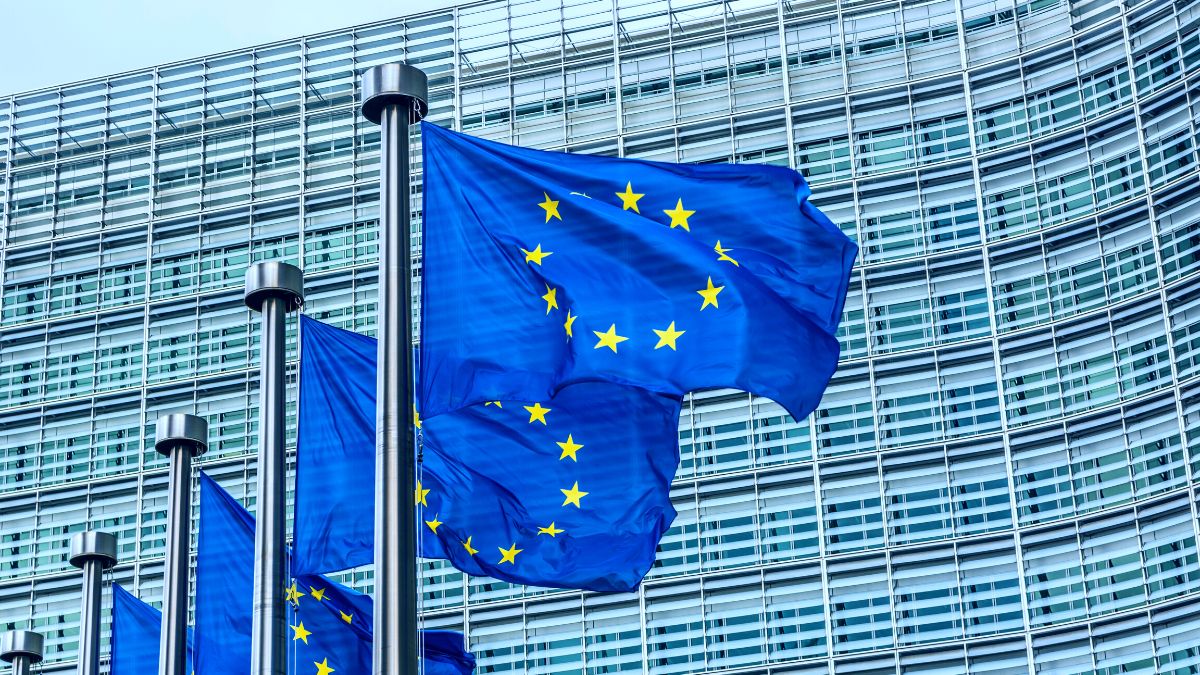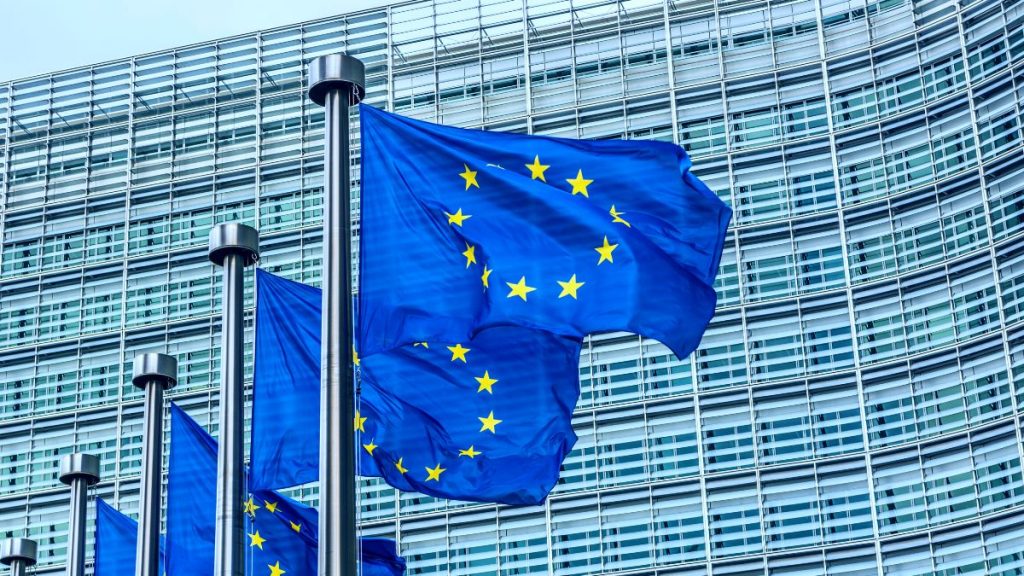
The United States and the European Union are gearing up to pledge a collective response to tackle the issues related to China’s non-market practices.
This commitment will include a coordinated approach to export controls on semiconductors and other goods deemed sensitive, according to a Reuters report.
This development comes ahead of an important meeting scheduled for later this month, according to a preliminary statement.
The fourth iteration of the EU-U.S. Trade and Technology Council (TTC) will take place in Lulea, Sweden, on May 30-31.
Notable attendees will include U.S. Secretary of State Antony Blinken and European Commission Vice-President Margrethe Vestager, along with a host of other high-ranking officials.
The preliminary statement, obtained by Reuters, implies that both parties intend to challenge non-market practices and economic coercion.
The statement alludes to China, suggesting the intent to routinely converse on measures to prevent their companies’ knowledge related to outbound investment from bolstering technologies of strategic adversaries.
The statement further emphasizes the shared intention to synchronize their export control measures for “sensitive items,” which include goods with potential military applications and semiconductors.
China, while only mentioned twice in the statement, is implicitly a focal point of the conversation, though the final wording could change before the official meeting, the report notes.
The European Union acknowledges China as a partner in certain areas, an economic competitor, and a strategic rival.
There are plans underway for the EU to adjust its policy stance towards China, recognizing the necessity of aligning with the United States’ relatively stringent approach.
The document also sheds light on potential threats to the medical devices sector in China due to non-market policies and practices.
It mentions that the transatlantic allies are “exploring possible actions” to address these concerns.
Furthermore, the statement highlights an intent to jointly address the issue of foreign information manipulation, specifically calling out “China’s amplification of Russian disinformation narratives about the war” in Ukraine.
Lastly, the United States and the European Union expressed their commitment to collaborating with the G7 in responding to instances of economic coercion, such as the trade restrictions imposed on EU member Lithuania, allegedly by China.
This pledge underlines the growing resolve to counteract such manipulative practices on the global stage.

